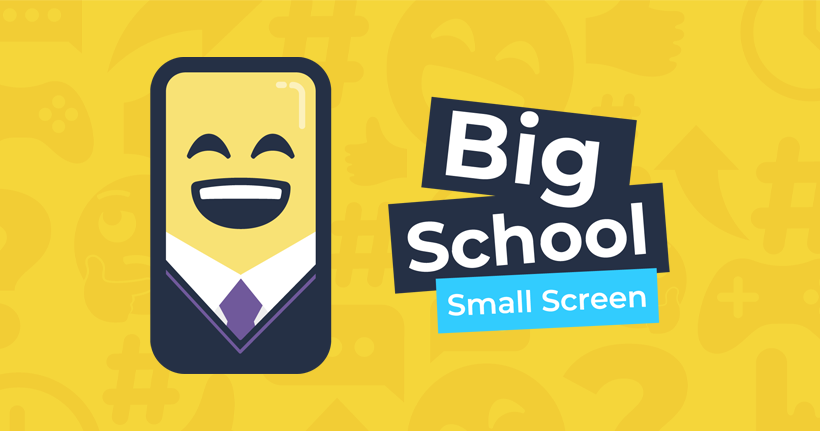Although social media can present some risks, it’s important to understand what the benefits are to give your child the guidance they need to make the best out of their social media use. Below is a list of ways social media can be a source for good for children and young internet users.
Collaborative learning
Broaden connection and understanding of the world
Children can learn and appreciate different perspectives and worldviews to better understand the world around them and build up their knowledge on a range of topics. With so many ideas shared across a number of platforms, they can discover areas of interest and use the platforms in an educational capacity.
Digital media literacy
Develop communication and technical skills
As social media is now a part of everyday life, it is important for children and young people to learn how to communicate online to prepare them for future opportunities in the workplace and support them in interacting with friends and family. Using social media platforms can help them develop digital literacy in various areas.
Mental health and wellbeing
Removing boundaries to develop connections
Social media removes the boundaries of meeting and maintaining people and forming bonds beyond borders. For children who may have a disability or may not feel they can connect with others within their community, it can be a great way to connect with other people who share their ideas and interests.
Strengthen relationships
Having access to family members who may live miles apart of friends who have moved from a local area can help maintain relationships and allow them to stay in touch and share their lives with ease.
A place to seek support
It can open up opportunities to offer support to friends and family that may be experiencing a particular issue. On the flip side for some young people, it can be a place where they can seek support if they are going through something that they cannot talk to those close to them about.
Campaigning for social good
Social media can help young people raise awareness of a particular cause that they are interested in to have a real-world impact on affecting change where they want to see it.
Develop a positive digital footprint
Young people can also use their accounts as bespoke CVs to share their achievements, showcase their talents and build a positive online portfolio that can benefit them in later life.







